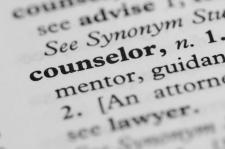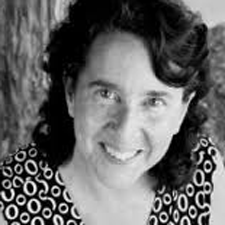Best Advice for the Wait List: Part II
Posted on Tue, 03/18/2014 - 12:41
We're back with more advice about the wait list. As one of our counselors put it yesterday, being on a wait list is like flying standby. You haven’t been accepted and you haven’t been denied. You’re in limbo, and that can be stressful. But there are some things you can and should do as you decide whether or not to accept a spot on a waitlist and, at the same time, make plans to move forward.
Here's more guidance from the high school college counselors who answered our Question of the Month: "What is your best advice for students who are waitlisted?"
Rafael S. Figueroa
Dean of College Guidance
Albuquerque Academy
Albuquerque, New Mexico
You need to look at this situation in two different ways, simultaneously.
1. Pick a college that admitted you.
Tell them you are attending and send in your deposit. Put the colleges that waitlisted you out of your mind. Move on. Get excited about the college you have chosen, and focus on the great experience you will have there.
2. Don¹t give up on a waitlist college, if you really want to attend.
Let the college know that you remain very interested. Update them on any new information about you that is relevant to your admission. Be patient. Given the way that waitlist offers trickle down the chain of different schools, offers might not come until July or even August.












 Today, Alice Kleeman continues her excellent blog post about the "small stuff" that can trip up a college application process. Here are more of the frequently glossed-over college-related tasks that can make a difference:
Today, Alice Kleeman continues her excellent blog post about the "small stuff" that can trip up a college application process. Here are more of the frequently glossed-over college-related tasks that can make a difference: